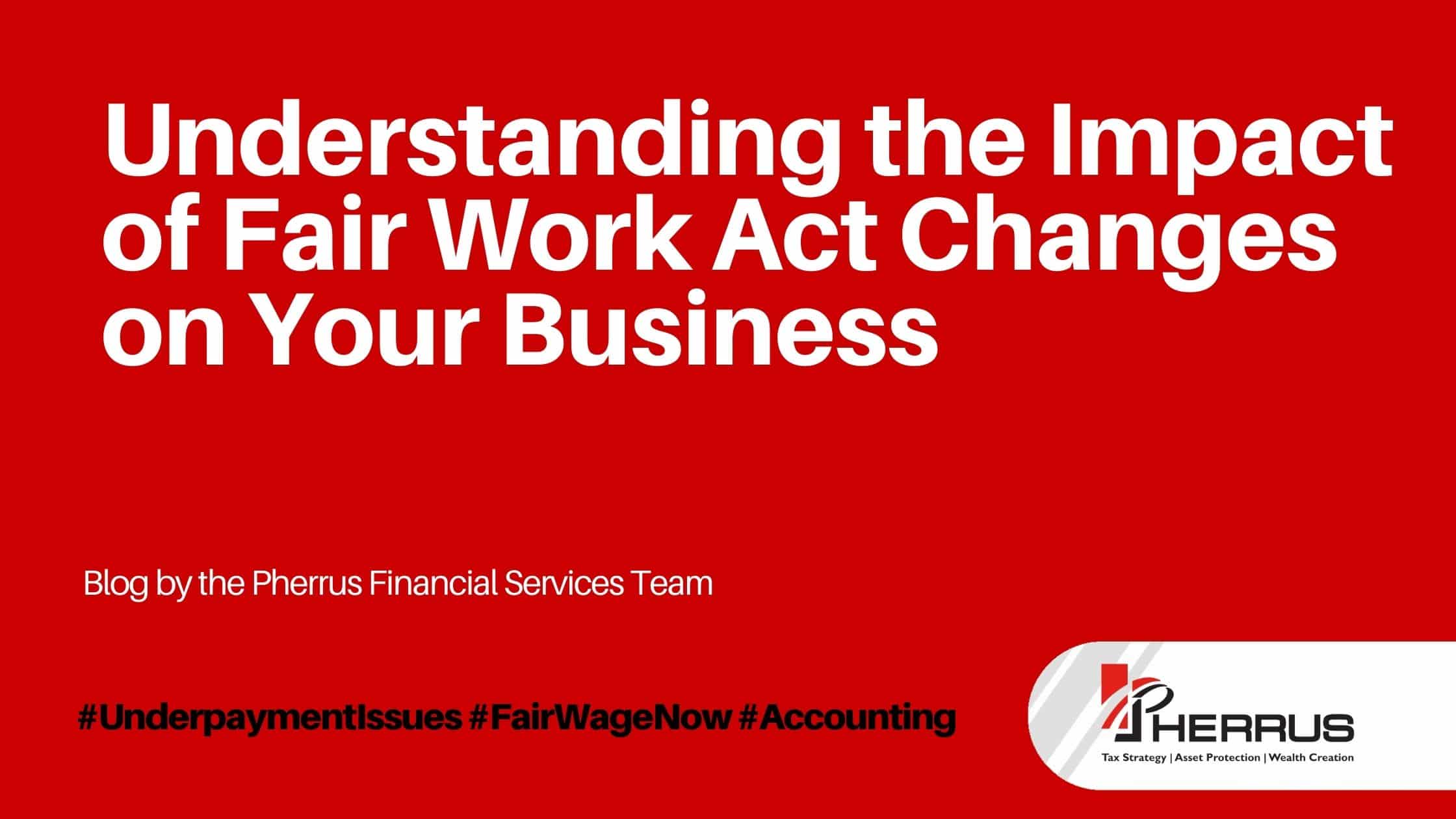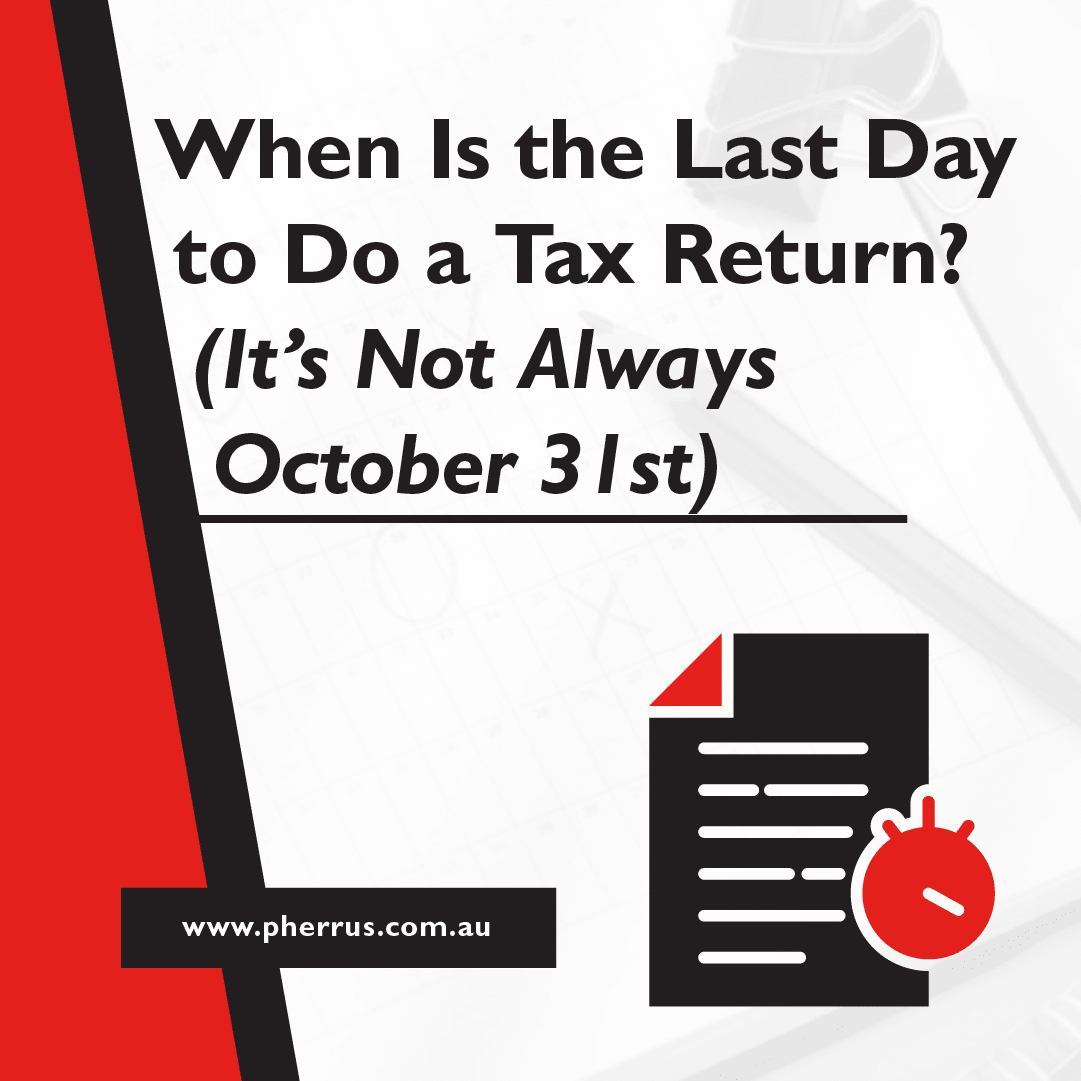The federal government recently announced changes aimed at closing loopholes in the Fair Work Act that allow for intentional underpayment of employee wages and entitlements.
As an accounting and business advisory firm, we want to help our small to medium business clients understand how these changes could impact their operations.
Key Changes to the Fair Work Act
Some of the major changes include:
Criminal Penalties for Intentional Underpayment
The government will make intentional and repeated underpayments of employees a criminal offence, with penalties of up to ten years in prison.
This applies to situations where an employer deliberately doesn’t pay lawful entitlements such as the minimum wage, overtime or superannuation.
Reverse Onus of Proof
Currently, the onus is on employees to prove they were underpaid.
The new laws will reverse this, meaning businesses must prove they did not deliberately underpay staff.
This puts employers in a much tighter position to prove compliance.
Director Penalties
Company directors could be held personally liable for their company’s underpayment, with potential five year jail sentences if they are found to be intentionally involved.
Directors must now actively ensure compliance to avoid penalties.
For a company, the following penalties will apply:
- if the court can determine the underpayment, the greater of 3 times the amount of the underpayment and $7.825 million, or
- if the court can’t determine the underpayment, $7.825 million.
For an individual, the following penalties will apply:
- maximum of 10 years in prison
- if the court can determine the underpayment, the greater of 3 times the amount of the underpayment and $1.565 million, or
- if the court can’t determine the underpayment, $1.565 million.
- We (the Fair Work Ombudsman) will be responsible for investigating suspected underpayment offences.
What This Means for Your Business
The changes bring in serious consequences for underpayments that were previously civil matters.
As business owners, there are some key actions you should take:
Payroll Compliance Review
We recommend conducting a full payroll audit with an expert to identify and rectify any existing underpayments.
Addressing issues proactively removes legal risks down the track.
Policies and Training
Ensure your payroll and leave policies are up-to-date and that all relevant staff complete compliance training.
Proper processes and education help minimise human errors.
Record Keeping
Accurate employee records showing lawful pay deductions and entitlements are critical to prove compliance if issues do arise.
Strong records can help defend claims of intentional underpayment.
Using the right payroll software and the implementing the right processes will help you ensure your records are accurate.
Get Expert Advice
Speak to an experienced Accountant if you have any questions about Award compliance, leave calculations or complex scenarios.
Ensuring your interpretations are robust is important for compliance.
Contact Pherrus Financial Services
We understand these changes may bring uncertainty for business owners.
Our team has extensive experience assisting clients with payroll compliance reviews, training, policies and record keeping.
Fill in our online form or call +61 (02) 9099 9109 to book an appointment at our Bella Vista office in Sydney, NSW.




